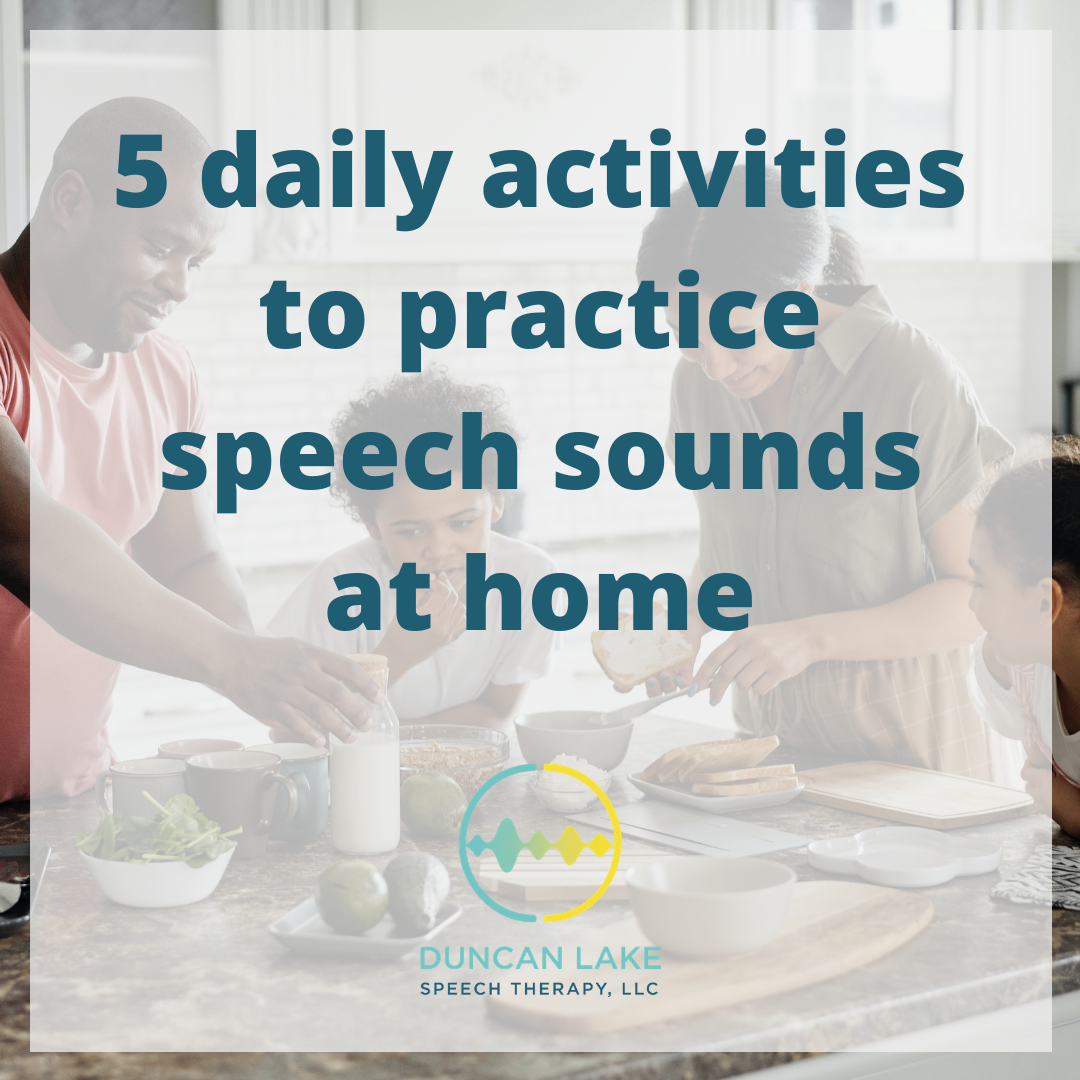
by Tami Teshima | Jan 31, 2023 | Uncategorized
Written by Hannah Blackwell, M.A, CF-SLP Duncan Lake Speech Therapy, LLC In speech therapy, especially with little ones, we use music all the time to make things more fun! But did you know, singing actually accesses a different part of the brain than we use for speech...

by Tami Teshima | Jul 6, 2021 | Orofacial Myology, Uncategorized
Well, well, well, it has been a minute since I’ve done a blog post! I’m very excited, though, that my triumphant return to blogging is a post about tongue ties (or if you’re fancy, ankyloglossia). If you are a parent of a small child, there is a good chance that this...

by Tami Teshima | Feb 21, 2021 | Articulation, At-Home Speech
If you are a parent of a child with an articulation disorder, it can be really tricky to find time to incorporate practice into your day. Your SLP likely sends you homework, but sometimes it’s hard to sit down and do “speech homework.” Luckily, you...

by Tami Teshima | Feb 9, 2021 | AAC, Language Development
I talk a lot about core words on our Facebook and Instagram pages, but what in the world are they and why would anyone teach them? AssistiveWare defines core words as the “50-400 words that make up the majority of everything we say.” There are a bunch of...

by Tami Teshima | Jan 30, 2021 | School-Based Services
A conversation that often comes up when I tell people I’m a speech-language pathologist often revolves around the topic of school-based speech and language services vs. private speech-language services. If you ask around, you’ll find that there are a lot...







Recent Comments